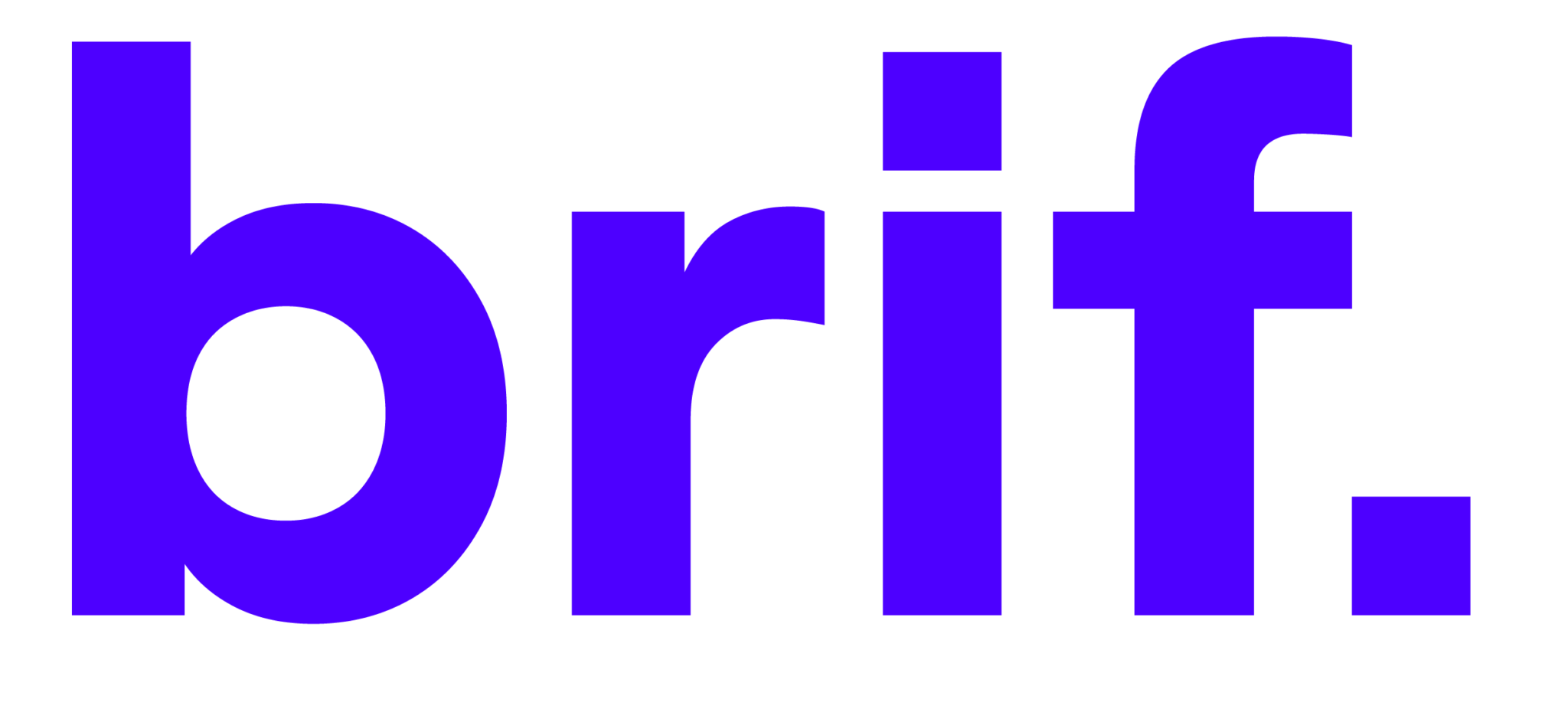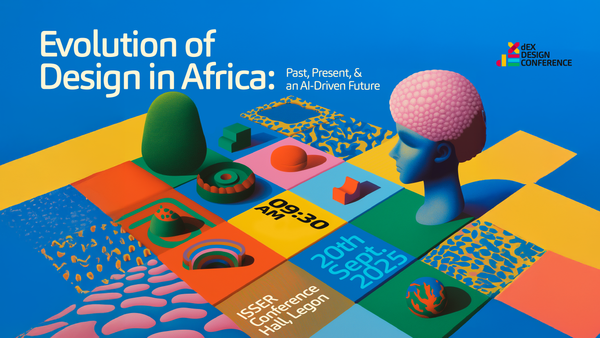Stop Planning, Start Doing: Your Guide to Crushing the Year Ahead.
It’s few weeks into January, and like clockwork, your journal is filled with ambitious plans for the year. Yet, if you’re honest, a small voice in your head whispers, Will this year be different?

Introduction
It’s few weeks into January, and like clockwork, your journal is filled with ambitious plans for the year. Yet, if you’re honest, a small voice in your head whispers, Will this year be different? By March, the excitement has faded, and those plans sit forgotten, buried under the demands of daily life. Sound familiar? You’re not alone. Many of us fall into the trap of over-planning and under-doing.
But what if this year, you broke the cycle? What if, instead of perfecting plans, you focused on taking action - imperfect, consistent action? This article is your guide to moving from planning to doing, designed with the unique challenges and opportunities of African life in mind. Let’s get started.
The Over-Planning Trap
Meet Elorm. She dreams of starting a catering business. Last year, she spent months researching recipes, designing menus, and watching countless YouTube tutorials. Yet, by December, her business hadn’t launched. Elorm realized she was stuck in what many call the "planning trap": fearing failure, she’d used planning as a way to feel productive without taking risks.
Does this sound like you? Over-planning is often rooted in fear of the unknown or a desire for perfection. In Africa, where resources can be limited and opportunities scarce, the stakes can feel higher. But the truth is, no amount of planning will ever prepare you for every challenge. Action is the only way forward.
A report by Tech In Africa reveals that execution issues account for 42% of African startup failures, often due to a gap between strategy and action.
Shift from Planner to Doer
Let’s talk about a friend, Jeremiah. He wanted to start creating contents but didn’t own a camera. Instead of waiting to save up for professional gear, Jeremiah began creating contents with his smartphone. He shared his work on social media and built a following. Eventually, he earned enough to buy his first camera.
Jeremiah’s story teaches us an essential lesson: Start where you are. Use what you have. Here are practical tips to make the shift:
- Break it down: Instead of saying, “I’ll launch a business,” start with, “I’ll sell one product this week.”
- Embrace imperfection: Your first attempt won’t be perfect, but it’s better than no attempt.
- Leverage local tools: In Africa, platforms like WhatsApp can be powerful tools for marketing and networking.
The key is to start, no matter how small.
Execution is Key
Now that you’ve started, how do you keep going? The answer lies in execution. Here are some frameworks I personally use to get things done:
- The 2-Minute Rule: If you have a task that takes less than two minutes, do it now. Reply to that email, make that call, or jot down that idea. Because if you don't do it now, you might never do it.
- The 80/20 Rule: Focus on the 20% of tasks that will yield 80% of your results. If you’re starting a business, this might mean prioritizing sales over logo design. For example, an aspiring fashion designer might spend more time creating sample outfits and networking with potential clients rather than perfecting a website. Similarly, a new freelance writer could focus on pitching to clients and publishing articles rather than designing a personal logo. By zeroing in on impactful actions, you’ll achieve results faster and build momentum. Like an Akan prover would say "Do what is needful, before you do what is befitting"
- Time-Blocking: Dedicate specific hours to high-priority tasks. If mornings are quieter, use that time to tackle your most important work. Additionally, create a schedule that aligns with your energy levels throughout the day. For instance, if you’re more productive in the evening, reserve that time for deep work and leave administrative tasks for the afternoon. Having a clear schedule not only helps with time management but also reduces decision fatigue, enabling you to focus better on executing your goals. Google Calendar is what I use to draw my schedule. You can research more and choose an app that works best for you.
Relatable challenges like lack of time or resources are real, but they’re not unstoppable. For example, if you have a demanding job, use weekends or evenings for side projects. Remember, progress beats perfection.
Celebrate Small Wins
In the hustle of chasing big dreams, it’s easy to overlook small victories. But every step forward matters. Take young professionals on LinkedIn, for instance. Many are using the platform to celebrate small wins like completing certifications, finishing projects, landing internships or acquiring funding. These posts not only keep them motivated but also inspire others in their network to keep pushing toward their goals.
Celebrate your wins, no matter how small. Bought your first tool? Landed your first customer? Share it with friends or treat yourself to something simple. Documenting progress not only keeps you motivated but also builds confidence.
Sustainability and Community
Consistency is the secret to long-term success. Build habits that align with your goals. For instance, if you’re learning a new skill, practice daily, even if it’s just for 15 minutes.
In Africa, community support can be a powerful motivator. According to 9studies, over 60% of Africans participate in some form of communal or cooperative economic activity, such as savings groups or professional networks. Join or create groups where members hold each other accountable. For example, the Brif community where young African professionals engage in meaningful and forward thinking conversations. Collaboration also opens doors to resources and knowledge-sharing.
Jeremiah's journey didn’t end with buying a camera. He keeps sharing his knowledge with others. Success isn’t just about individual effort; it’s about lifting others as you rise.
Conclusion
This year, choose action over perfection. Start small, stay consistent, and don’t be afraid to make mistakes. As the African proverb says, “Little by little, a bird builds its nest.” What step can you take today toward your goals? Whatever it is, take it. Your future self will thank you.
So, what are you waiting for? Get up, start doing, and make this year your most productive yet.
Thanks for reading!
I am Nana Boadzi, I share knowledge through stories.
This is Career & Growth Flight—see you in the next one!





